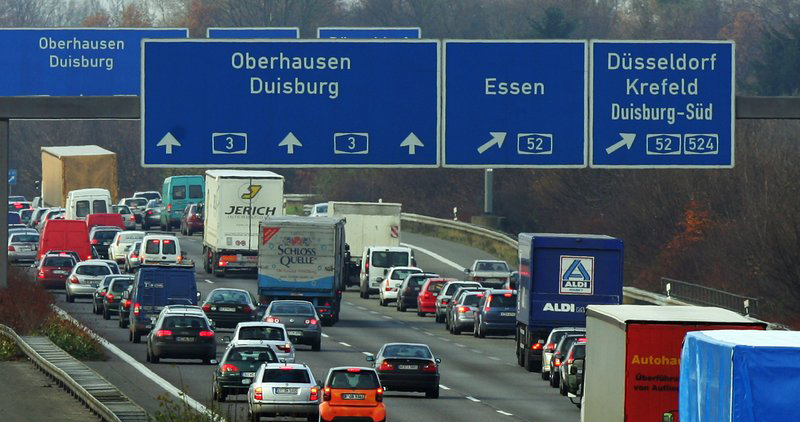Germany hasn’t had this much trouble forming a government since the 1930s. But many Germans don’t seem to care.
Acting Chancellor Angela Merkel scored a disappointing win in September elections. Coalition talks among a disparate group of parties collapsed after two fruitless months and there’s no guarantee of any other option to pull it out of the mess. The headlines are dominated by bickering in Berlin, Dow Jones reported.
Much of Europe is wondering what has happened to a country that used to be the home of political predictability. But in Germany, the economy and markets are buzzing along as if nothing is happening.
“Everything is running smoothly; it’s not as if things aren’t getting done or affecting people directly,” says Hermann Binkert, head of opinion-polling company INSA.
Polls indicate that Merkel is still popular within her party and that many Germans don’t seem to be too worried at this point about how the coalition works out. “At the moment, the psychological strain on Germans isn’t so big for them that they say the parties should finally get their act together,” Binkert said.
German chaos is relative. The economic news seems to be getting better, even as the political news is murky.
The Organization for Economic Cooperation and Development raised its growth forecast to 2.5% this year, the best for six years. The Ifo business-confidence index reached an all-time high in November.
The DAX-30 benchmark stock index initially fell on the news that coalition talk had collapsed, but recovered and is currently only slightly lower than its all-time high of 13,525 reached earlier in the month. German 10-year bonds have hardly reacted. The euro is near a two-month high.
There is a caretaker government in place and Merkel’s outgoing coalition of conservatives and the Social Democrats can draft bills and send them to the lower house. Government coffers are bursting and the finance ministry is working to draw up a spending plan to last until the next government is able to draft a full budget.
In the long term, companies believe the government must address challenges stemming from skilled workers’ shortage and the aging population and must help make the country fit for a digital age. “A new government must strengthen the German economy’s competitiveness,” said the BDA Federation of German Employers’ president Ingo Kramer.


